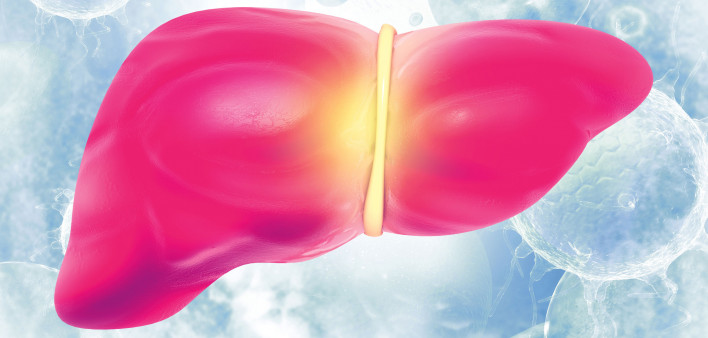Among people with hepatitis C virus (HCV), HIV status has no apparent bearing on the rate of survival three years following a diagnosis of hepatocellular carcinoma (HCC, the most common type of liver cancer).
Researchers analyzed data on 339 people with liver cancer and HIV/HCV coinfection who were members of a research cohort in Spain between 1999 and 2017. For a comparison group, the study authors selected 118 people with liver cancer who had HCV but not HIV and were patients of a liver unit at a Spanish hospital. The study participants were monitored every six months.
During the study’s follow-up period, 73% of the combined cohort died following their liver cancer diagnosis, 91% of them from liver-cancer-related causes.
After adjusting the data to account for various differences between the cohort members, the study authors found that HIV was not associated with a significant difference in the rate of death 36 months after participants received their liver cancer diagnosis. Nor were age, sex, drinking more than five drinks daily or a lack of hep C cure associated with a difference in this mortality rate. What was clearly tied to a worse three-year survival rate was being diagnosed with liver cancer at a more advanced stage of the disease.
Daniel S. Fierer, MD, an infectious disease specialist at the Icahn School of Medicine at Mt. Sinai in New York City who was not involved with the study, says it “lends further evidence for the need for regular surveillance in all patients—with or without HIV infection—who have advanced liver disease with twice-yearly ultrasounds [in order] to make the diagnosis of liver cancer at the earliest possible stage.”







Comments
Comments